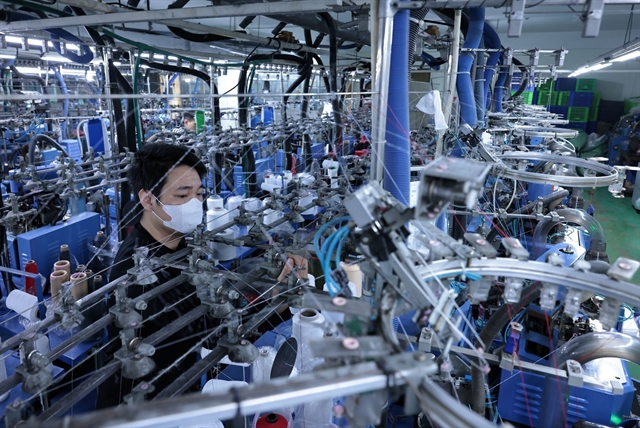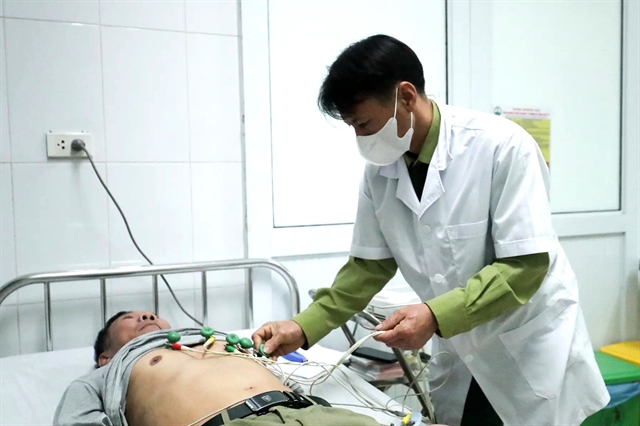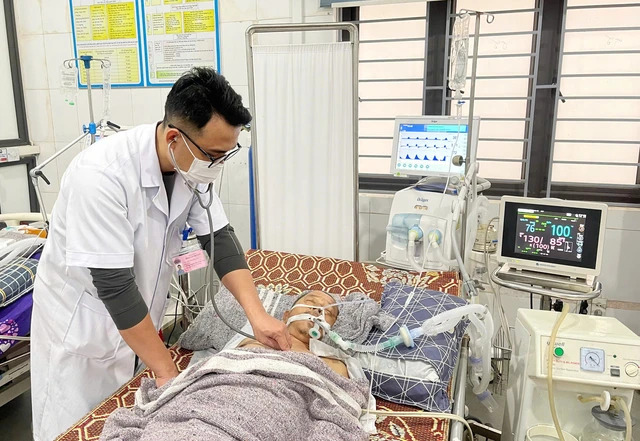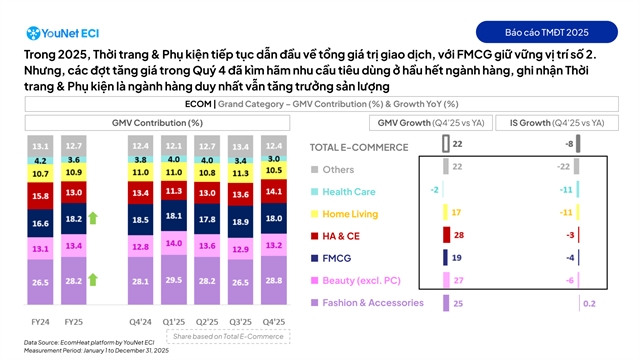 Economy
Economy

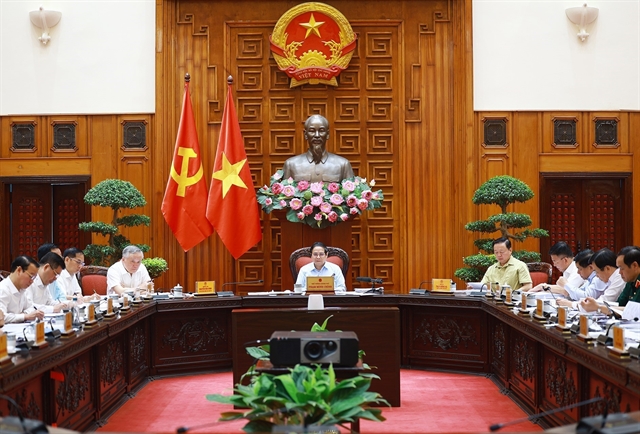
|
| Prime Minister Phạm Minh Chính (centre) chairs a Government meeting with senior officials and Việt Nam’s negotiating team to discuss trade relations with the United States. — VNA/VNS Photo Dương Giang |
HÀ NỘI — Prime Minister Phạm Minh Chính has urged ministries and local authorities to work in close coordination to swiftly address key concerns raised by the United States, as Việt Nam continues to pursue fair and sustainable trade relations, amid shifting global dynamics.
Chairing a Government meeting yesterday, the PM said the current challenges in global trade also present opportunities for Việt Nam to restructure its export base, diversify markets and supply chains, and boost product quality.
He emphasised the need for a strategic shift towards high-tech, green and knowledge-based economic development, driven by digital transformation.
Institutional reform, he noted, must go hand in hand with growth. PM Chính directed ministries to tighten oversight in key areas such as origin traceability, anti-smuggling, commercial fraud prevention and the fight against counterfeit goods. He also called for a comprehensive review of tax refund mechanisms and demanded a reduction in administrative procedures, costs and processing times, aligned with Government resolution.
To further support investment attraction, he ordered the immediate establishment of a national one-stop investment portal and investment promotion centres, at both national and provincial levels.
These efforts aim to draw in high-quality, long-term investors, especially in technology and innovation. Such investors, the PM said, should not only bring capital, but also transfer technology, train human resources, invest in research and development and support Vietnamese enterprises in joining global supply and production chains.
This was the fifth high-level meeting chaired by PM Chính, to implement the Politburo’s and Party General Secretary Tô Lâm’s conclusions on adapting to the US’s evolving tariff policies and promoting deeper trade ties.
Following reports and discussions, the PM acknowledged Việt Nam’s timely and flexible response to the US’s tariff adjustments, first introduced under President Donald Trump. He said the country’s calm, strategic approach has produced tangible results and earned a positive response from Washington.
Within the framework of the Việt Nam–US Comprehensive Strategic Partnership, General Secretary Lâm held a phone call with President Trump and dispatched Deputy Prime Minister Hồ Đức Phớc and the Minister of Industry and Trade, as special envoys to engage US officials.
Vietnamese leaders have also met with the US Ambassador, lawmakers, academics and business leaders to enhance mutual understanding.
Việt Nam has issued decrees to reduce certain tariffs on US imports, addressed long-standing issues in US-invested projects and taken steps to rebalance trade, such as increasing purchases of American-made aircraft, while staying within the bounds of Vietnamese law and bilateral agreements.
PM Chính reaffirmed that Vietnamese goods do not pose unfair competition to US industries, noting that bilateral trade has long been mutually beneficial, particularly for American consumers. Việt Nam, he added, remains willing to negotiate on issues raised by the US, so long as its core interests are protected and its foreign policy principles upheld.
He tasked ministries and the negotiating team with thoroughly preparing for upcoming talks, ensuring alignment with the guidance of the Politburo, the General Secretary and the Government. He warned against introducing complications that could affect other markets or disrupt Việt Nam’s existing international commitments.
The PM said that trade relations should be handled with calm, clarity and conviction. He underscored the importance of prioritising dialogue over confrontation, maintaining mutual respect and pursuing harmonised interests that serve the long-term benefit of both countries, particularly their businesses and consumers.
He urged a focus on diversifying export markets, product lines and supply chains, improving product quality and cost efficiency and moving towards a high-tech, green, circular and knowledge-based growth model grounded in science, technology and digital transformation. — VNS


